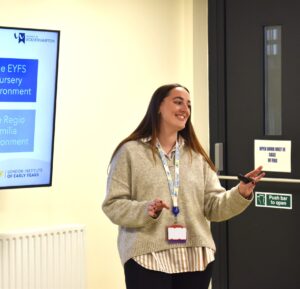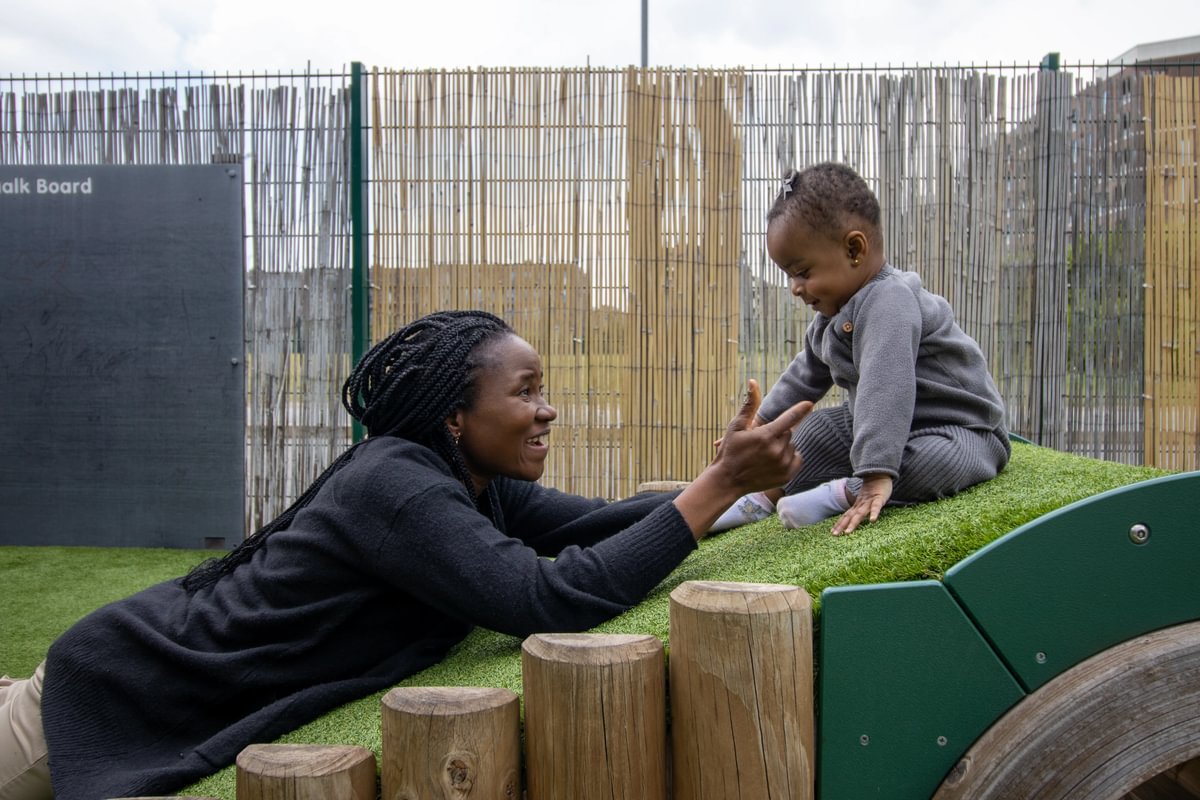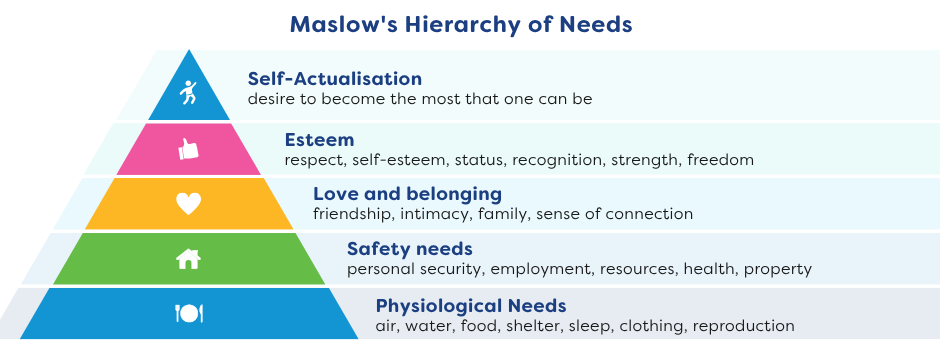You may know a little or a lot about working in Early Years – a place where no two days are the same and the work you do has a big impact on families and young children. But have you ever stopped to wonder what’s really at the heart of it all? What truly makes early childhood education so special?
Well, here’s something that might surprise you: it’s love. Yep, love but in a professional sense.
“Love” probably isn’t a word you’re used to hearing in a workplace context. But for those of us working with babies and young children every day, love is not only appropriate – it’s essential. And understanding professional love could change the way you think about nursery teaching forever.
 In this article, Poppie Ephgrave, Degree Lecturer at LEYF and experienced Early Years Teacher explores:
In this article, Poppie Ephgrave, Degree Lecturer at LEYF and experienced Early Years Teacher explores:
- What professional love actually means
- Why it’s vital for children’s emotional wellbeing and learning
- How to show love in everyday nursery practice while keeping the right professional boundaries
So, whether you’re new to early years, have been doing this a while, or are thinking if this is the career choice for you, this is your chance to dig into what really makes this important work so powerful.

